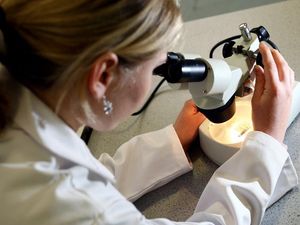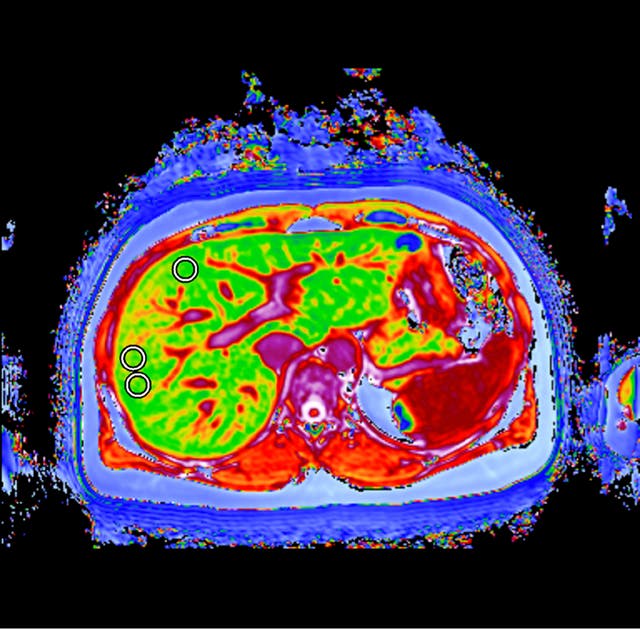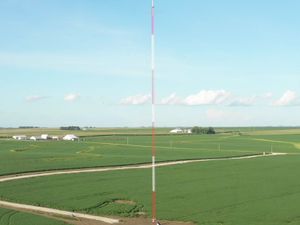Advanced form of fatty liver disease ‘affecting up to 12% of Britons’
Health experts predict that undiagnosed NASH is going to be a major burden for the NHS in the future.

Around one in eight Britons may suffer from a progressive form of fatty liver disease, new research suggests.
The condition, known as non-alcoholic steatohepatitis, or NASH, is a more advanced form of fatty liver disease, which features inflammation of the liver.
Because there are often no symptoms it is difficult to treat, but this can lead to liver cancer and cirrhosis.
Health experts predict that undiagnosed NASH is going to be a major burden for the NHS in the future.
It was previously thought that just 2-3% of adults in the UK could have it, but this has now been revised to 12% – double the amount who have type 2 diabetes.

“This will present a huge burden on the NHS in years to come – with an increasing number of people requiring care for cirrhosis or needing liver transplants.
“Greater awareness of the risk factors of fatty liver disease is crucial. We also need patients to have much better access to non-invasive diagnostic tools to help to catch people earlier in their disease so they can make lifestyle changes or seek other treatments that will help them to prevent further damage and improve the health of their liver.”
The data came from an analysis of UK Biobank, the world’s largest database of health information.
Researchers used digital scanning technology LiverMultiScan to analyse quantitative MRI data from 2,895 UK Biobank participants to calculate the overall percentage of people in the database who are expected to have NASH.
The technology, developed by Perspectum Diagnostics, combines digital image processing and trained experts to quantify and characterise tissue from an MRI scan of the liver, to give doctors information about the health of the whole liver.
“We now have the technology to find these people much earlier using a less invasive test which gives doctors and patients the power to take action and a better chance of reversing their liver damage. This is better for the patient and for the NHS.”
The research is being presented at the International Liver Congress in Paris this week.
Frances Carroll, 52, from Oxford, was diagnosed with fatty liver disease in her mid-40s after her GP sent her for tests following abnormal liver enzymes showing up in a blood test.
She found she was feeling unwell all the time, having to use sticks to walk, and had high blood pressure.
Her diagnosis spurred her on to make changes to her diet and she lost seven stone in just over a year, taking her from a size 24 to a 10-12.
She said: “Being diagnosed with fatty liver disease was a shock and it was one of the things that helped spur me on to lose weight.
“I was able to lose seven stone by changing my diet and while it was really hard work, seeing how healthy my liver is now is a massive relief and feels very rewarding.”





